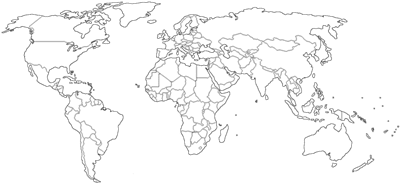|
Summary:
Upgrade Of The Automated Fingerprint Identification System (Afis) And Biometric Recording Devices Tn24/14 Country:
New Zealand
Notice Type:
Tender Notice Deadline:
26 Apr 2024 Posting Date:
08 Apr 2024 |

Most trusted source for Tendering Opportunities and Business Intelligence since 2002